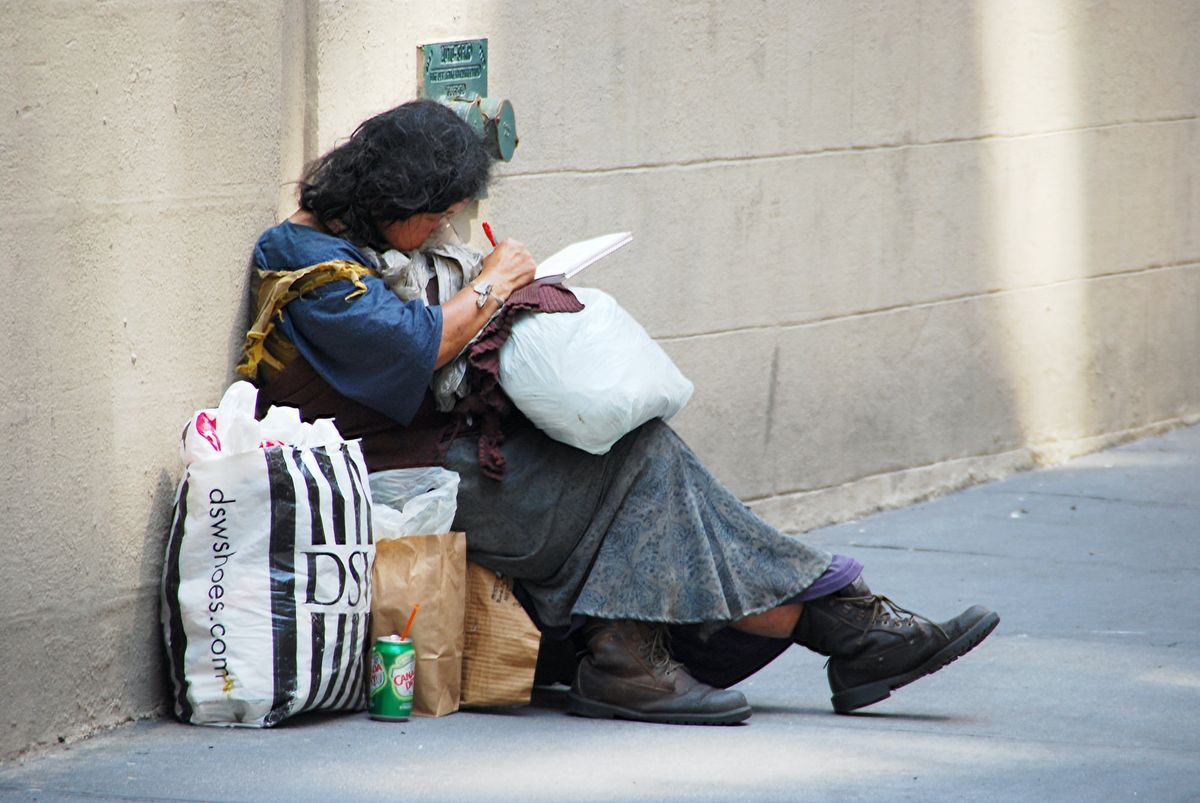Supreme Court Comes to Landlords' Rescue, Ends Eviction Moratorium

Landlords are suffering “irreparable harm” because of President Biden’s moratorium on evictions, the U.S. Supreme Court held Thursday, ending the moratorium and opening the door to wholesale evictions of renters.
Outnumbered liberal justices complained that the court had not heard full arguments from renters but the conservative majority pressed ahead with the ruling, noting the financial damages that landlords were suffering because they have been unable to evict non-paying tenants since last September, when the Centers for Disease Control and Prevention (CDC) imposed the moratorium, later extended by the Biden administration.
In an eight-page opinion, the justices ruled in a case brought by the Alabama Association of Realtors that the CDC had exceeded its authority.
“It would be one thing if Congress had specifically authorized the action that the CDC has taken. But that has not happened. Instead, the CDC has imposed a nationwide moratorium on evictions in reliance on a decades-old statute that authorizes it to implement measures like fumigation and pest extermination,” the court said.
“It strains credulity to believe that this statute grants the C.D.C. the sweeping authority that it asserts,” the ruling held.
White House responds to eviction ruling
The Biden administration had extended the moratorium and had been working to find ways to make the extension stick. But property owners filed an application for emergency relief, resulting in the ruling.
White House press secretary Jen Psaki issued a sharply worded statement in response.
“The Biden Administration is disappointed that the Supreme Court has blocked the most recent CDC eviction moratorium while confirmed cases of the Delta variant are significant across the country. As a result of this ruling, families will face the painful impact of evictions, and communities across the country will face greater risk of exposure to COVID-19,” she said.
But the Supreme Court said the case was clear-cut. “The applicants not only have a substantial likelihood of success on the merits—it is difficult to imagine them losing,” it said.
Dire consequences predicted
“We will see a historic wave of evictions and housing instability this summer and fall” without further measures to protect tenants, said Diane Yentel, president and chief executive of the National Low Income Housing Coalition, in a Wall Street Journal report issued prior to an earlier scheduled expiration of the moratorium.
The U.S. Census Bureau reported recently that about 8.1 million renters were behind on their payments in mid-June, and another 4.5 million said they thought they faced eviction. Not all will be evicted, but as many as 4.2 million adults are at risk of eviction in July and August, according to an estimate by the Urban Institute.
What can tenants do?
Regardless of when the moratorium ends, tenants will face a huge bill for the rent payments they missed. While some landlords may offer payment plans, even that may be difficult for tenants who have lost income because of the pandemic.
The U.S. Consumer Financial Protection Bureau has published a guide to hundreds of rental assistance programs across the country.
Laws vary by state and locality, but in general, landlords have the upper hand when tenants do not pay. The best strategy in many cases is to try to reach a settlement agreement.
Attempts to reach an agreement should start as soon as possible. Tenants should not wait until they have lost in court because they then have no bargaining power. If a tenant can offer a settlement that ensures the landlord receives some or all of the rent he is due over a specified period of time, it may be in the landlord’s best interests to accept the agreement rather than go through the expense of legal action.
Moratorium was only partially effective
Although unevenly implemented and confusing, the moratorium is credited with stopping – or at least delaying – millions of evictions. State and local governments struggled to distribute $47 billion in federal money aimed at helping tenants, and many eligible tenants and landlords were unaware the program existed.
News reports said many tenants had trouble filling out the application forms correctly, while others were unable to produce proof of their income.
The rent moratorium was available to renters who made under $99,000 in 2020, or couples who made under $198,000, were protected if they signed a declaration under penalty of perjury that if they were evicted, they would likely become homeless or be forced to live in crowded quarters, and that they were making an effort to make partial rent payments.
